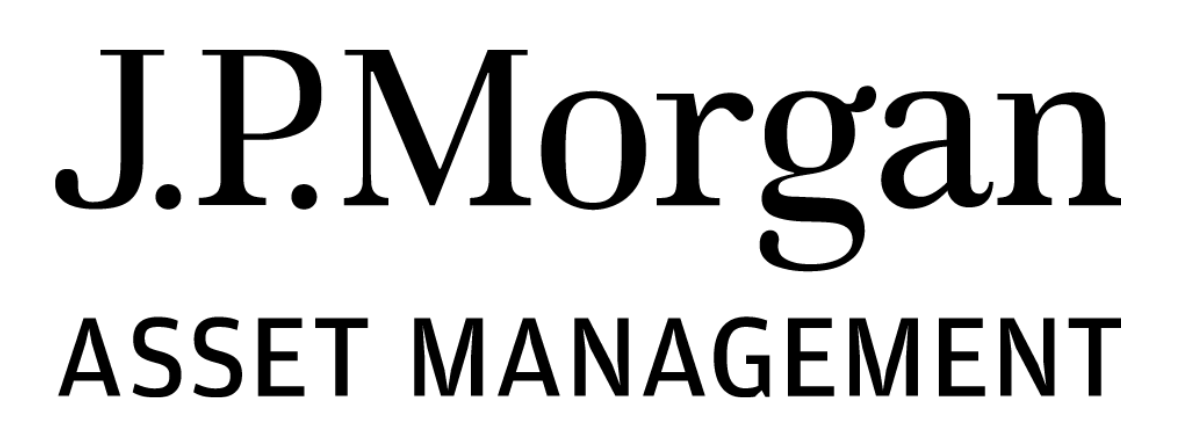A major trend in the US asset management industry that has gone somewhat unnoticed in Europe is the rise of active ETFs.
We are beginning to see these instruments move into Europe, but they are nowhere near as popular as in the US. Could the next couple of years see that change?
What exactly do we mean by an active ETF?
For many, ETFs are synonymous with passive investing, but an ETF is simply a vehicle that holds an underlying bundle of investments. Essentially, it is nothing more than a wrapper.
It also has the benefit of trading throughout the day on the back of live prices, and as such, can allow traders greater opportunity to time the market, should that be what they are aiming to achieve.
In the US, the active ETF market is growing rapidly, up around 30% last year, and accounts for around $500bn assets. Bear in mind that this is new growth in active management, bucking the trend and general narrative that active management is simply seeing outflows.
Why are they proving so popular?
In the US, the major factor is taxes. These vehicles are much more tax-efficient than mutual funds, which has been the clear driver.
There are other factors to consider though. ETFs trade throughout the day, updating based on live pricing, with settlement more akin to a stock than traditional open-ended funds. At the margin, costs are likely to be lower, although they do not equate to passive-level fees, just because they are ETFs. The lower fees reflect slightly lower running costs due to ETFs not including the costs of advice, marketing and distribution in the way that open-ended equivalents often do.
There are downsides though. Because ETFs cannot close to investors, unlike open-ended funds, strategies with limited capacity are not suitable – one reason why offerings tend to be in large-cap assets or more diversified strategies.
Another interesting characteristic is the requirement for transparency of holdings. Many investors will see this as a positive, but it can potentially have its challenges for asset managers seeking to build a position over days or weeks, as other investors may attempt to front-run an idea. That said, some of the largest active managers in the US have embraced the trend.
Plenty of investors may not have even heard of active ETFs given their lack of coverage. That is primarily because the tax advantages simply do not exist in Europe. This limits the attraction significantly, but slightly lower costs are not to be sniffed at while many appreciate the shorter settlement periods.
The difference in size of the two markets is pretty stark at present, with $500bn in the US versus €35bn in European-domiciled assets at the end of the year. For the European market, it also seems that there has been more of a bias towards sustainable options than the US market.
One obvious local limiter is platforms struggle to deal with ETFs, but there are plenty of market participants that can take advantage. There has been a definite increase in noise around active ETFs in Europe in the last 12 months though, with JP Morgan Asset Management, for example, adding to their range.
Another potential catalyst is the arrival of Cathie Wood, the well-known US growth investor, and possibly the most famous proponent of active ETFs via her company Ark. Last year, she took a stake in Rize ETF, with plans to launch her US-listed ARK ETFs in Europe. Judging from conversations with a handful of asset managers, there are more product launches in the pipeline for European investors.
If I had to predict, the landscape will begin to change in the next three years, challenging open-ended funds, asset managers, platforms and even investment trusts. However, it is unlikely to take off at the speed seen in the US, if only because the financial benefits are not quite as large in Europe.
Nick Wood is head of investment fund research at Quilter Cheviot



